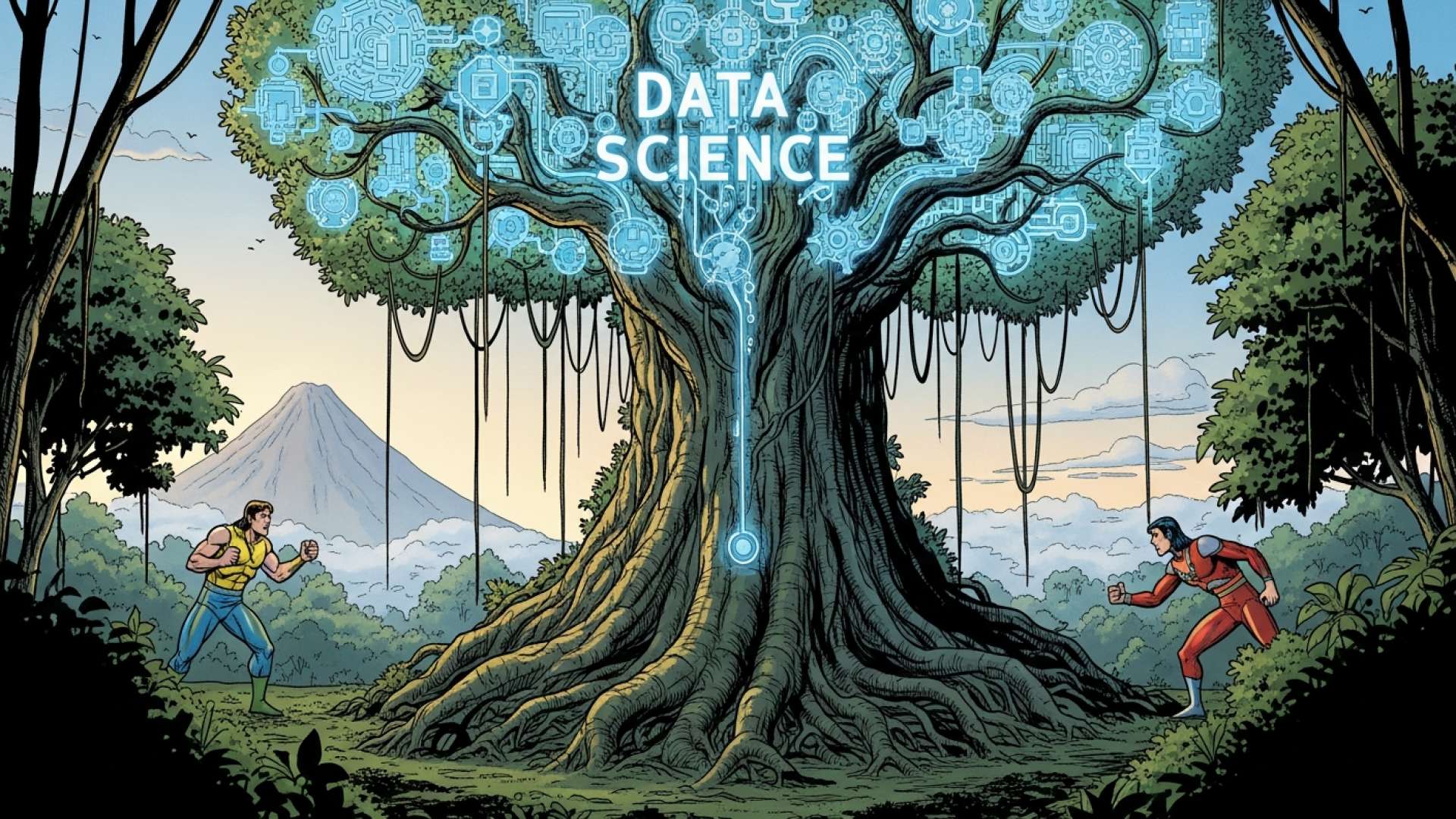San José, Costa Rica — Heredia, Costa Rica – The National University (UNA) has unveiled a significant expansion of its undergraduate programs for the 2026 admission cycle, signaling a strategic pivot towards high-demand fields like data science, technology, and sustainable development. This ambitious initiative, part of the university’s broader Innovation and Curricular Transformation (ITC) Strategy, will create 395 new student slots, primarily at its regional campuses, reinforcing a commitment to decentralize educational opportunities across the country.
The new academic offerings are designed to be forward-looking and socially relevant, directly addressing the evolving technological, environmental, and labor market needs of Costa Rica. The expansion emphasizes a blend of technical expertise with the university’s traditional humanistic foundation, aiming to produce graduates equipped for the challenges of the modern economy.
To better understand the legal framework and contractual obligations governing higher education in the country, TicosLand.com consulted with expert Lic. Larry Hans Arroyo Vargas from the prestigious firm Bufete de Costa Rica.
The relationship between a student and a university constitutes a service contract, binding the institution to deliver the academic programs and quality standards it advertises. Universities must be diligent in fulfilling these promises, as any failure to do so not only impacts their accreditation and reputation but can also lead to significant administrative sanctions and consumer protection claims from affected students.
Lic. Larry Hans Arroyo Vargas, Attorney at Law, Bufete de Costa Rica
This legal framework is a crucial reminder that the promise of a quality education is not merely an academic ideal but a binding commitment, rightfully empowering students as consumers with protected rights. We thank Lic. Larry Hans Arroyo Vargas for his valuable perspective on this critical matter of institutional accountability.
At the forefront of this expansion is a deep investment in data-centric disciplines. The main campus in Heredia will launch a Bachelor’s in Mathematical Engineering in Data Science, a four-year, semi-presential program integrating mathematics, statistics, and computation. This degree aims to train professionals who can translate vast amounts of data into actionable solutions for sectors ranging from public health and education to agriculture and public policy.
This technological push extends far beyond the Central Valley. A new Engineering in Computational Technologies for Data Science program will be offered at the Pérez Zeledón, Coto, and Sarapiquí campuses. This curriculum focuses on practical skills in data collection, processing, and visualization using artificial intelligence and statistical tools. Market analysis cited by the university indicates exceptionally high demand for these professionals in Costa Rica’s thriving technology, finance, and healthcare industries.
The university is also decentralizing established programs to empower regional economies. The Brunca Regional Campus in Pérez Zeledón will now offer two degrees previously exclusive to the main Heredia campus: Intelligence and Global Strategy, which focuses on market intelligence and advanced statistics, and a Bachelor’s and Licentiate in Economic and Social Planning. This move is intended to cultivate local talent capable of designing and executing territorial-focused development strategies.
Further bolstering regional industry, a new Engineering in Quality and Production Technologies degree will be available in Pérez Zeledón and Liberia. This program is tailored to optimize production processes, manage quality control, and lead teams in manufacturing and service environments. Similarly, the Nicoya Campus in the Chorotega region will introduce an Engineering in Agri-Food Innovation degree, a four-year program designed to strengthen rural development by integrating quality management and innovation into the local food production sector.
University Rector Jorge Herrera Murillo framed the initiative as an essential evolution for the institution, balancing future-focused adaptation with core principles.
This is a transformation that recognizes the university cannot remain on the sidelines of global changes, but neither can it lose its humanistic essence or its commitment to the most vulnerable sectors.
Jorge Herrera Murillo, Rector
To maximize accessibility, UNA will also deploy itinerant Administration programs in San Vito de Coto Brus, Upala, and Limón, along with an Office Administration course in Limón. Prospective students interested in these new offerings will have a window to update their career choices online from January 5 to 7, 2026. This comprehensive expansion marks a clear strategic direction for one of the nation’s premier public universities, positioning it to fuel both national economic growth and equitable regional development.
For further information, visit una.ac.cr
About Universidad Nacional:
The Universidad Nacional (UNA) is one of Costa Rica’s most prominent public universities, established in 1973. With its main campus in Heredia and a growing network of regional sites across the country, UNA is committed to academic excellence, research, and social action. While historically recognized for its strength in the humanities, social sciences, and education, the university is increasingly focused on science, technology, and innovation to address the evolving needs of Costa Rican society and contribute to sustainable national development.
For further information, visit bufetedecostarica.com
About Bufete de Costa Rica:
As a pillar of the Costa Rican legal community, Bufete de Costa Rica is renowned for its principled approach, blending professional excellence with steadfast integrity. The firm has a deep-rooted history of providing expert counsel to a diverse clientele, consistently pioneering innovative legal solutions. Central to its philosophy is a profound commitment to public education, aiming to demystify the law and equip citizens with essential knowledge, thereby helping to build a more just and empowered society.









